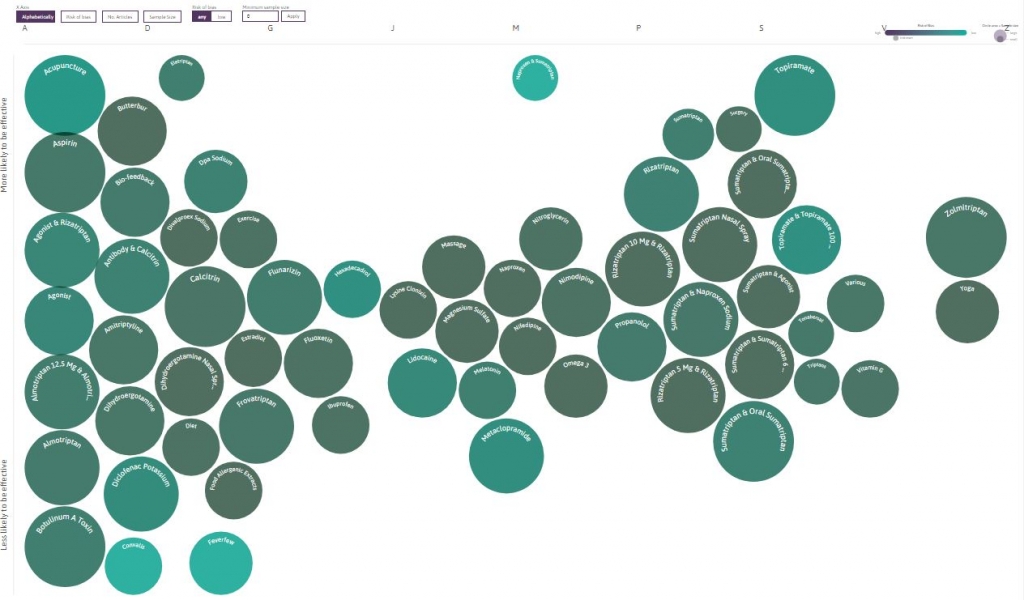Gorgi Krlev at LSE Impact Blog: “Literature reviews are a core part of academic research that are loathed by some and loved by others. The LSE Impact Blog recently presented two proposals on how to deal with the issues raised by literature reviews: Richard P. Phelps argues, due to their numerous flaws, we should simply get rid of them as a requirement in scholarly articles. In contrast, Arnaud Vaganay proposes, despite their flaws, we can save them by means of standardization that would make them more robust. Here, I put forward an alternative that strikes a balance between the two: Let’s build databases that help systemize academic research. There are examples of such databases in evidence-based health-care, why not replicate those examples more widely?
The seed of the thought underlying my proposition of building dynamic knowledge maps in the social sciences and humanities was planted in 2014. I was attending a talk within Oxford’s evidence-based healthcare programme. Jon Brassey, the main speaker of the event and founder of the TRIP database, was explaining his life goal: making systematic reviews and meta-analyses in healthcare research redundant! His argument was that a database containing all available research on treatment of a symptom, migraine for instance, would be able to summarize and display meta-effects within seconds, whereas a thorough meta-analysis would require weeks, if not months, if done by a conventional research team.
Although still imperfect, TRIP has made significant progress in realizing this vision. The most recent addition to the database are “evidence maps” that visualize what we know about effective treatments. Evidence maps compare alternative treatments based on all available studies. They indicate effectiveness of a treatment, the “size” of evidence underscoring the claim and the risk of bias contained in the underlying studies. Here and below is an example based on 943 studies, as of today, dealing with effective treatment of migraine, indicating aggregated study size and risk of bias.

Source: TRIP database
There have been heated debates about the value and relevance of academic research (propositions have centred on intensifying research on global challenges or harnessing data for policy impact), its rigor (for example reproducibility), and the speed of knowledge production, including the “glacial pace of academic publishing”. Literature reviews, for the reasons laid out by Phelps and Vaganay, suffer from imperfections that make them: time consuming, potentially incomplete or misleading, erratic, selective, and ultimately blurry rather than insightful. As a result, conducting literature reviews is arguably not an effective use of research time and only adds to wider inefficiencies in research….(More)”.